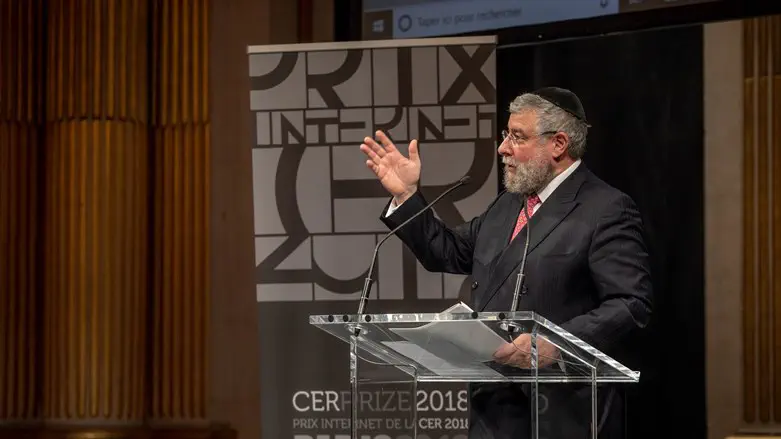
Prayer is the way we connect with G-d – asking Him for health, wealth, and help with the myriad challenges we face. But sometimes what we pray for doesn’t come to pass – and sometimes the things we pray that G-d prevent do indeed happen. G-d doesn’t tell us in advance whether our prayer was accepted; we only get an indication after whatever we asked to happen – or not happen – does or doesn’t.
To many people, it seems somewhat random. Does prayer work? When and how? Do the prayers that weren’t answered go to waste? What happens to them? Perhaps our prayer was rejected because we’re not worthy enough – and if that’s the case, why bother?
This week’s parsha, Vaetchananan, provides us with important insights on these questions. Who in the Torah was more familiar with the concept of prayer than Moses? The Torah is replete with accounts of how Moses used prayer to seek atonement for the sins of the Jewish people, for redemption from Egyptian slavery, for guidance on how to help the people. G-d answered all of Moses’ prayers – except for one, the one he uttered on behalf of himself.
That prayer – which, the sages tell us, Moses repeated 515 times – was for a waiver on G-d’s edict that Moses not enter the Land of Israel. In response, Moses reports that instead of accepting his plea, G-d tells him “Enough! Never speak to Me of this matter again.” Many times did Moses pray for this, and many times did G-d turn him down.
If anyone deserved to have his prayer heard, it was Moses – yet G-d refused it. That answers one of our questions: Prayer is not connected to merit, religiosity, or piousness. All are invited to pray – and G-d hears those prayers, as He heard the prayers of Moses. Whether G-d decides to do as we ask is another matter.
Why didn’t G-d accept Moses’ prayer? The Sages provide numerous reasons, many of them connected to the fact that Moses was the leader of the generation of the Exodus, the generation that, having rejected the Land of Israel, was sentenced to die in the desert. It would be unseemly, G-d said, for Moses to abandon his people now.
That answers yet another question – as to why G-d doesn’t answer all our prayers. As human beings, we have only a very limited view of life, the world, and what is best for us. We may believe that the thing we are praying for is the best thing for us, but G-d – who doesn’t suffer from the limitations we suffer from – knows better. If a prayer is not accepted, it’s not because we’re not religious enough or because G-d doesn’t like us – quite the contrary. G-d is a loving G-d, and if He turned down our prayer we can be sure it’s for the best.
But what about those “wasted” prayers? Do they just evaporate into the ether? Here, too, we learn a lesson from Moses. The sages tell us that those 515 prayers did not go to waste; G-d saved those prayers for the future, activating them when the Jewish people really needed them. G-d foresaw that the Jewish people would sin in future generations, and that their merits would not be sufficient to spare them from punishment – but the “pre-praying” Moses did, with his very meritorious prayers, could spare them.
Our prayers, too, don’t go to waste. The Jewish people are a collective – and one Jews’ prayer can help out another Jew, even if the two don’t know each other. Often good things happen to us even if we didn’t pray for them; perhaps that was the result of someone else’s prayer that “went to waste?” And our prayers, as well, can help others – our fellow man, fellow Jews, or our children or grandchildren. Moses, the master of prayer, teaches us some important concepts surrounding prayer – and that prayer indeed works, even if it appears otherwise.